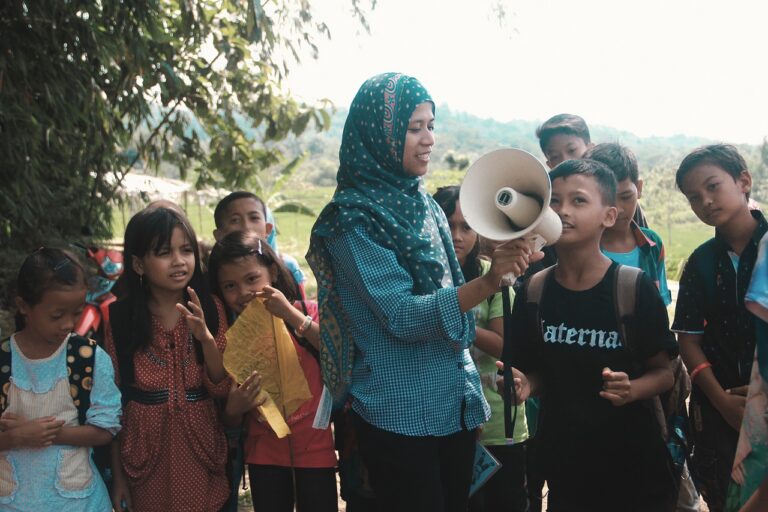Theatre Education: Building Confidence and Communication Skills
Theatre education plays a crucial role in fostering creativity and self-expression among students. By participating in theatre productions, individuals are encouraged to step outside their comfort zones and explore new perspectives. This process helps cultivate empathy and understanding towards others, promoting a more inclusive and harmonious community.
Furthermore, theatre education equips students with important life skills such as teamwork, problem-solving, and adaptability. Through collaborative efforts in rehearsals and performances, individuals learn to effectively communicate, compromise, and work toward a common goal. These skills are not only valuable within the theatre setting but are also transferable to various aspects of life, including academics and future careers.
Theatre education fosters creativity and self-expression
Encourages individuals to explore new perspectives
Cultivates empathy and understanding towards others
Equips students with important life skills such as teamwork, problem-solving, and adaptability
Enhances communication, compromise, and goal-setting abilities
Transferable skills applicable to academics and future careers
The Role of Improvisation in Developing Confidence
Improvisation plays a key role in nurturing confidence in individuals, especially in a theatrical setting. The ability to think on one’s feet and adapt to unexpected situations helps in building self-assurance and resilience. When individuals engage in improvisational activities, they are encouraged to trust their instincts and make decisions without overthinking, which in turn boosts their confidence levels.
Furthermore, improv exercises facilitate a sense of empowerment by encouraging participants to take risks and step out of their comfort zones. As individuals explore different characters and scenarios in a spontaneous manner, they develop a sense of ownership over their choices and actions. This sense of ownership translates into increased confidence both on and off the stage, allowing individuals to approach challenges with a newfound belief in their capabilities.
Using Drama Techniques to Enhance Communication Skills
Incorporating drama techniques into communication skill development can be a highly effective method to enhance one’s ability to engage with others effectively. By immersing oneself in various theatrical exercises, individuals can learn to convey their thoughts and emotions more confidently and articulately. This can enable better interactions in personal and professional settings, fostering improved relationships and understanding with others.
Through drama techniques such as role-playing, participants have the opportunity to step into different perspectives and practice empathetic listening. This can greatly improve their ability to communicate with clarity and empathy, enhancing their overall communication skills. By engaging in these exercises, individuals can learn to adapt their communication style to different situations, becoming more versatile and adept at connecting with others.
How can theatre education benefit communication skills?
Theatre education helps individuals develop their verbal and nonverbal communication skills, improve their ability to express emotions, and enhance their listening skills.
What role does improvisation play in developing confidence?
Improvisation exercises in drama help individuals think on their feet, trust their instincts, and take risks, which ultimately boosts their self-confidence in various social and professional situations.
How can drama techniques be used to enhance communication skills?
Drama techniques such as role-playing, storytelling, and body language exercises can help individuals improve their public speaking, active listening, empathy, and conflict resolution skills, leading to more effective communication overall.







